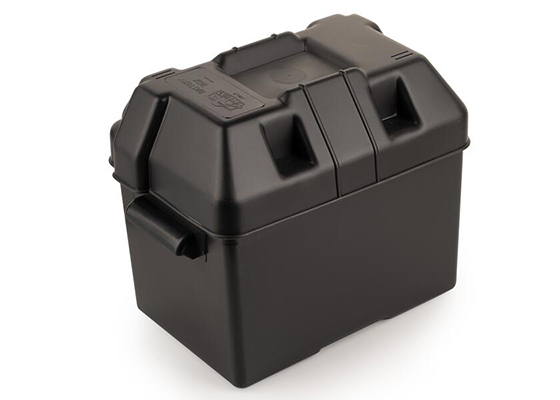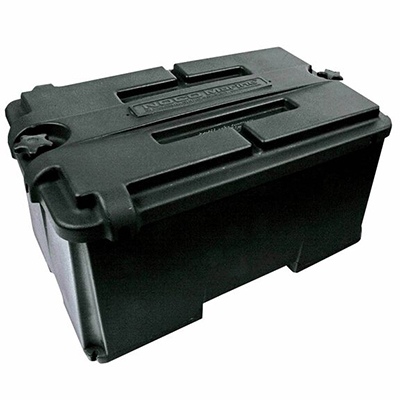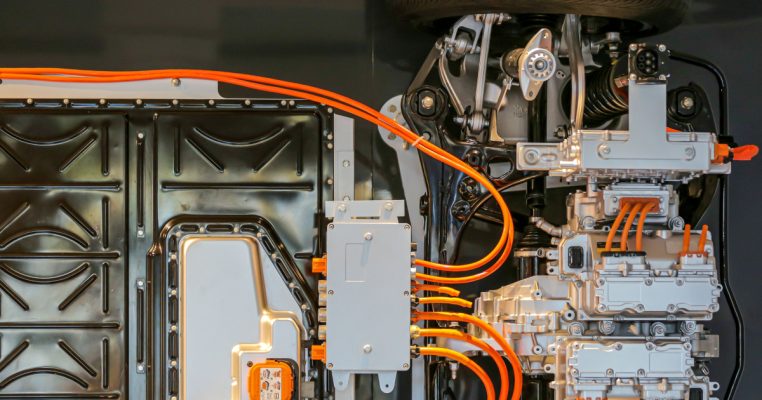Essential Safety Mechanisms: Fuses in Automotive Power Steering and Hydraulic Operations
News 2025-10-13
Car fuses are critical components in modern vehicles, ensuring the protection of electrical circuits in systems like power steering and hydraulics. These devices act as safeguards against overcurrent and short circuits, which can arise from various faults. By breaking the circuit when excessive current flows, fuses prevent potential damage to sensitive components, enhancing vehicle safety and reliability. This is especially important in automotive applications where system failures could lead to loss of control or hydraulic inefficiencies.

Key Applications in Power Steering
Fuses are integral to power steering systems, where they protect the electric motors and control units. In scenarios involving high-demand steering maneuvers, such as tight turns or heavy loads, fuses guard against electrical surges that could damage wiring or components. For instance, in electric power steering (EPS) setups, fuses ensure that any fault in the motor circuit does not affect the entire system, maintaining driver control and preventing costly repairs. This application highlights how fuses contribute to seamless operation in everyday driving conditions.
Performance Benefits in Hydraulic Systems
In hydraulic systems, fuses offer significant advantages by providing rapid response to electrical anomalies. They protect pumps, valves, and actuators from overcurrent events, which are common in high-pressure environments. Key benefits include enhanced durability and reduced downtime, as fuses help avoid catastrophic failures that could compromise hydraulic performance. For example, in braking or suspension hydraulics, their quick action ensures system stability, improving overall vehicle safety and longevity without adding unnecessary complexity.
Frequently Asked Questions
1. What role do fuses play in power steering safety?
Fuses protect against electrical overloads, preventing motor damage and maintaining steering responsiveness during faults.
2. How do fuses enhance hydraulic system reliability?
By interrupting power in overcurrent situations, fuses avoid component burnout, ensuring consistent hydraulic operation and reducing maintenance needs.
3. What types of fuses are best for automotive use?
Blade and mini blade fuses are commonly recommended for their compact size, ease of replacement, and effective protection in vehicle systems.


